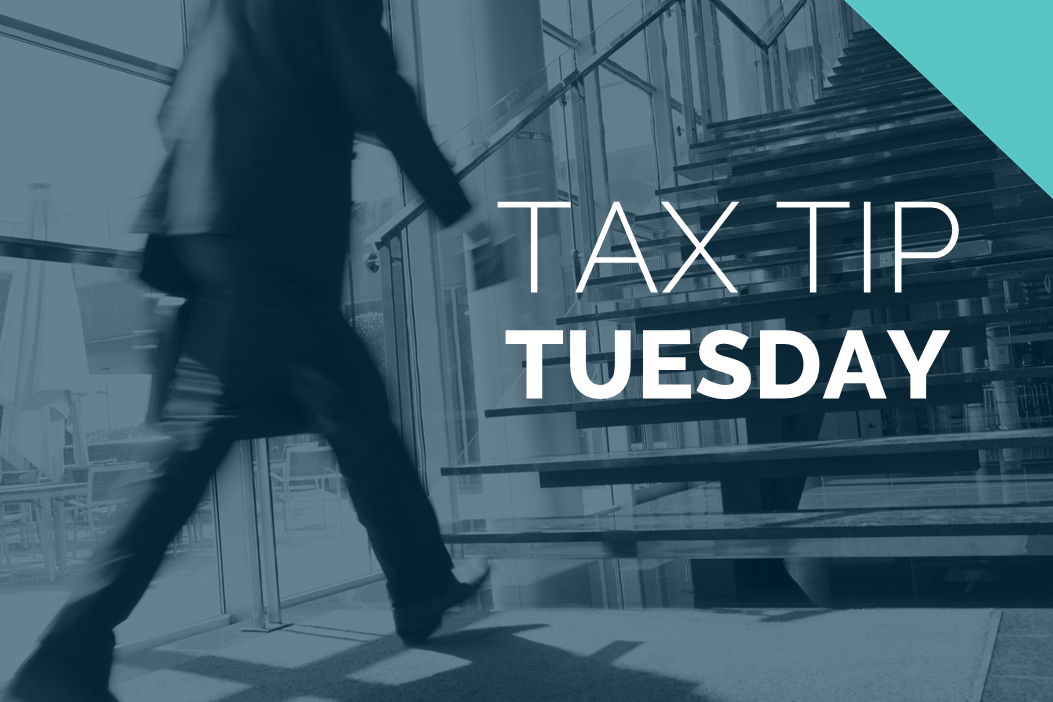Effective May 21, 2023, P&N has joined EisnerAmper. Read the full announcement here.

Economic Injury Disaster Loans (EIDLs) are working capital loans available to small businesses and non-profit organizations to help them meet their ordinary and necessary financial obligations and assist them through the disaster recovery period. Under the recently-passed CARES Act, certain terms and conditions of the EIDL Program have been relaxed or expanded. The following is a summary of relevant requirements and terms of the EIDL Program under the anticipated terms of the CARES Act.
Related Article: CARES Act: Paycheck Protection Program
Eligibility, Terms, and Conditions
- Covered Period: These rules apply to the covered period from January 31, 2020 to December 31, 2020.
- Who: Expanded to include businesses with the greater of 500 employees or the applicable size standard set by the SBA based on NAICS Code; also expanded to include tribal businesses, cooperatives, Employee Stock Ownership Plans (ESOPs) with 500 or fewer employees, sole proprietorships and independent contractors during the covered period. Private non-profits including 501(c), (d), or (e) are eligible.
- Interest: 3.75% interest for small business and 2.75% interest for non-profits.
- Loan Amounts: Limited up to $2 million for economic injury caused by the disaster; noting if the business is a major source of employment, the SBA has the authority to waive the $2 million limit.
- Loan Terms: Terms can vary to a maximum of 30 years on case-by-case basis.
- Credit History: Applicant must have credit history acceptable to the SBA.
- Available Credit: Waives requirement that the applicant be able to find credit elsewhere
- Repayment Ability: Applicant may not need to prove ability to repay.
- Personal Guarantee: Waives the personal guarantee requirement for advances and loans of not more than $200,000.
- Collateral: No required collateral for loans under $25,000.
- Years in Business: Waives requirement that the applicant be in business for one year before the disaster. Businesses in operation on or before January 31, 2020 may be eligible.
- Insurance: Applicant may be required to obtain and maintain appropriate insurance.
- Refinance: Businesses that were issued an EIDL prior to the creation of the Paycheck Protection Program (PPP) may be eligible to refinance their EIDL to a PPP loan.
- Payment Deferral: No payments are due until the end of 2020.
- Use of Funds: Loan proceeds can be used for working capital, payroll costs, and other business expenses that could have been paid had the disaster not occurred (i.e., supplies, materials, utilities, rents, etc.).
Emergency Grant
The CARES Act also contains a provision for emergency advance grants in amounts of up to $10,000 to be received from SBA within three days after the SBA receives the application. Specifically, any person eligible for an EIDL may request that the Administrator provide an advance within three days of the application for the EIDL. Before receiving any emergency grant funds, however, the applicant must self-certify that it is eligible to receive such disbursement. These advances can be used for any allowable purpose for EIDLs, including maintaining payroll and operational integrity as a result of the COVID-19 crisis. These advance grants do not need to be repaid, even if a larger loan is not subsequently approved. However, this advance will reduce any loan forgiveness under the Paycheck Protection Program.
Application Requirements
It is important to note that the EIDL program is directly administered by the SBA. Therefore, interested parties should begin the application process at https://covid19relief.sba.gov/ . Due to the anticipated high volume of applicants, the SBA has streamlined its initial application process. Accordingly, applicants should be prepared with the following information before beginning the application process (there is currently not an option to save your application for later).
- Business name, address, and tax information (EIN, SSN, etc.)
- Gross revenues for the twelve-month period ended January 31, 2020
- Cost of goods sold for the twelve-month period ended January 31, 2020 (currently, there is no specific guidance on the definition of “cost of goods sold,” but generally, this would be similar method as reported on income tax returns and/or generally accepted accounting principles (GAAP))
- Rental properties (residential and commercial only) – lost rents due to the disaster
- Non-profit costs of operations for the twelve-month period ended January 31, 2020
- Compensation from other sources received as a result of the disaster, and brief descriptions of other compensation sources
- Business owner information (names, title, SSN, date of birth, ownership %)
- Additional information as applicable
It is unclear whether additional documentation will be provided for further loan application processing steps. The following forms and summary of relevant information may be required to complete the SBA Loan Process. Note that the CARES Act grants the SBA the authority to extend EIDLs based solely on the applicant’s credit score, therefore, the applicant may not be required to submit certain tax documentation for approval. Such forms, however, may be helpful in determining the amount of the loan being requested.
- Completed SBA loan application (SBA Form 5 or 5C)
- Tax Information Authorization (IRS Form 4506T) for the applicant, principals and affiliates
- Complete copies of the most recent Federal Income Tax Return
- Non-profits can provide copy of IRS tax exempt certificate and three most recent years of “Statement of Activities”
- Schedule of Liabilities (SBA Form 2202)
- Personal Financial Statement (SBA Form 413)
- Monthly sales figures for the past three years
- [Optional Forecast] Provide financial forecast of revenues and expenses the business will be incurring during the period affected by the disaster.
- [Optional Narrative] Provide additional narrative or financial information you feel will help establish your economic loss.
- Other information may be requested by SBA
Help Is Available
As the CARES Act is finalized, future legislation is developed, deadlines are updated, and additional challenges and opportunities are uncovered, P&N’s dedicated professionals are committed to understanding and applying this information to help our clients. Please contact us or connect with your P&N advisor to discuss your organization’s questions, concerns, and priorities.
The EIDL and PPP loans are both designed to provide relief to businesses impacted by COVID-19. Each loan, however, has similar and different components regarding eligibility, loan amount, use of funds, terms, and other factors. Moreover, businesses may be eligible for both loans (provided they do not use the proceeds for the same purpose). Please keep in mind that due to the quickly-changing nature of relief efforts and guidance, you should always discuss significant decisions with your CPA.




